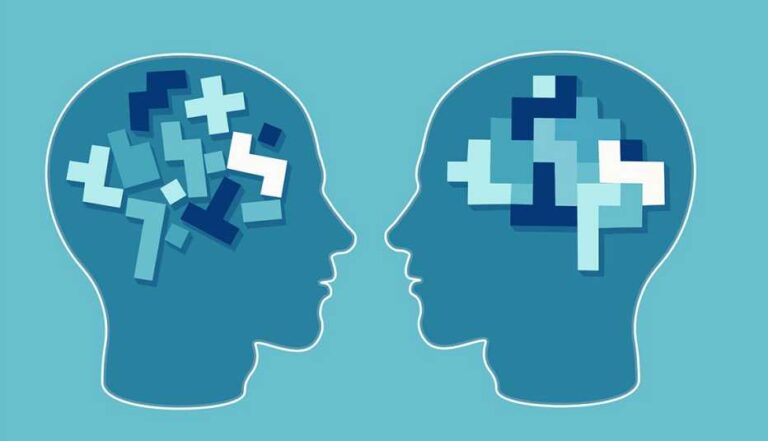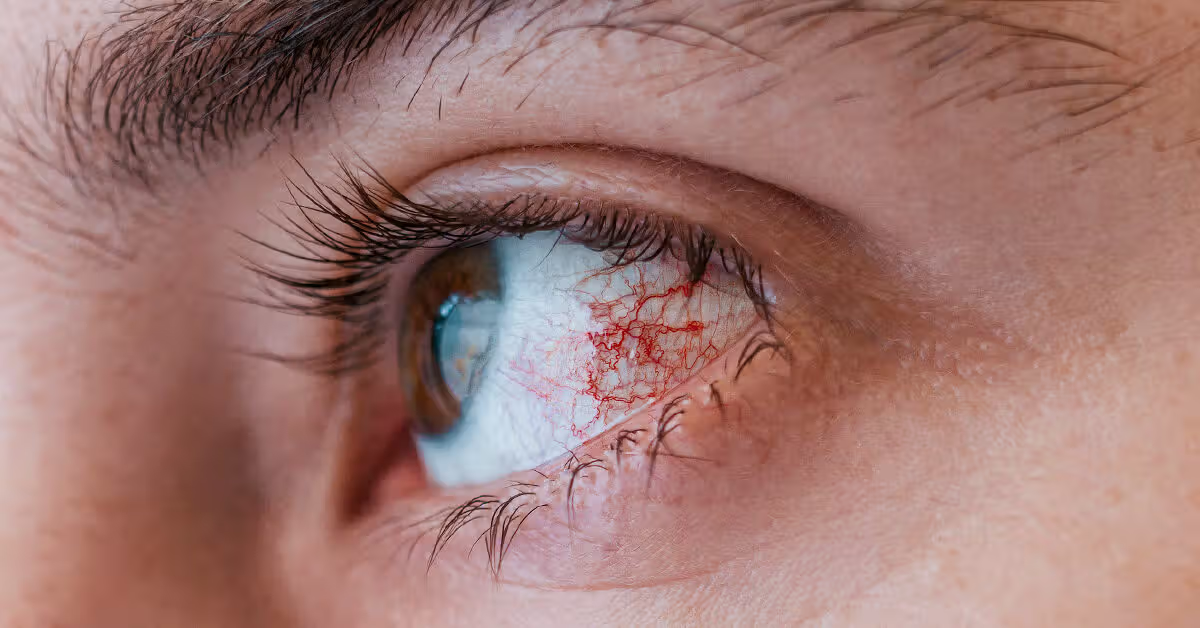It is thought that there are about 100 different types of dementia in people. A lot of books and blogs are written just about the diseases that cause dementia and what leads to it. You still have one question: what causes dementia? In this piece, we’ll look at some of the diseases that can lead to madness.
The most common conditions are:-
- Head Trauma
- Lewy Body Dementia (LBD)
- Huntington’s Disease
- Aids (HIV)
- Alzheimer’s
- Parkinson’s Disease
- Wernicke-Korsakoff syndrome
- Vascular Dementia
- Head Trauma (dementia caused by brain injury)
Some health problems happen over time, but both big and small head accidents can cause memory loss. If you get a head injury, you might lose your memory for a while or for good, based on how bad it is and what parts of your brain are hurt. Head injuries can happen all at once, like when you fall off a two-wheeler or get hit in the head by a car.
It is becoming more and more clear that players, especially those who play football and boxing, may have a higher risk of dementia because they get hit in the head so often over time. This risk is linked to the cumulative impact of small brain injuries, such as when a fighter gets hit in the head repeatedly or when a football player keeps heading the ball.
Dementia of Lewy Bodies or LBD
It is also known as “dementia with Lewy Bodies” or “DLB.” Lewy body dementia is the third most common type of dementia, after Alzheimer’s and Vascular dementia. This condition is marked by the buildup of protein deposits in brain cells and accounts for about 10% of dementia cases.
Huntington’s Disease
Huntington’s disease is different from other types of dementia in that individuals who have it can still remember familiar faces and places, despite the fact that its causes are still poorly understood. The movement, memory, and mental health of those who have this genetic condition are all impacted. Because it is inherited, Huntington’s disease can happen to both children and adults. Symptoms usually show up in the 30s or 40s, but the start of dementia can happen at any time.
Due to the complicated nature of Huntington’s disease, researchers are still working to fully understand the condition.
HIV or AIDS
The human immunodeficiency virus, more commonly known as HIV, has the potential to cause dementia by damaging specific brain regions responsible for memory processes. Dementia linked with HIV/AIDS is equally unpredictable in terms of age of start because it can impact individuals of all ages. As a greater number of individuals now have better access to effective treatment, the development of more accessible HIV medications has led to a decline in cases of HIV/AIDS-related dementia.
Alzheimer’s Disease
We’ve already talked a lot about Alzheimer’s in our most recent posts, but here’s a quick rundown for those who are new. More than half of all madness cases around the world are due to Alzheimer’s disease, which is the most common brain problem. At the moment, there is no fix for Alzheimer’s, which has led to a lot of study being done all over the world to try to figure out how the disease works. Scientists have made a lot of progress in figuring out how and why Alzheimer’s impacts the brain.
They named the disease after Dr. Alois Alzheimer, a German doctor who found it for the first time in 1907. Over 500,000 individuals are thought to be affected by Alzheimer’s in the UK, and more than 5 million people in the US are affected by its impact.
Parkinson’s Disease
The majority of individuals with Parkinson’s disease do not develop dementia, but a small number of people with Parkinson’s disease have a potential memory problem. In individuals with Parkinson’s disease, the exact processes by which madness manifests themselves are still not fully known.
Wernicke-Korsakoff Syndrome (Korsakoff’s)
A deficiency in thiamine, more commonly known as vitamin B, causes Wernicke-Korsakoff syndrome, a type of dementia. This condition, which is sometimes called “wet brain disease,” is most common in people who drink a lot. Wernicke-Korsakoff Syndrome can also occur in individuals who consume too little thiamine.
Taking extra thiamine can help fix the deficiency and ease the symptoms of the syndrome. For individuals at risk, such as heavy drinkers or people whose meals don’t provide enough thiamine, this preventative step is especially important.
Vascular Dementia
The second most common type of dementia is vascular dementia, which is caused by damage to the brain’s vascular system. Blood tubes, capillaries, and veins are all part of the “vascular system.” If the vascular system around the brain gets hurt, it stops blood from getting to brain cells, killing them. A major cause of vascular dementia is the loss of brain cells that happens as a result.
Conclusion
That person you care about has dementia. People with dementia like being on the floor because their blood pressure drops there. Sometimes they don’t even feel safe standing or sitting. That’s when the body just wants to lie down on the floor or a bed. When working with these kinds of people at home, in a hospital, or when taking care of the elderly, sensor floor mats can be very helpful. These mats, which are also called warning mats or sensor floor mats, are carefully made to detect movement. When a resident or patient steps on them, they immediately alert care staff so that the person can get help without thinking about a big accident.



